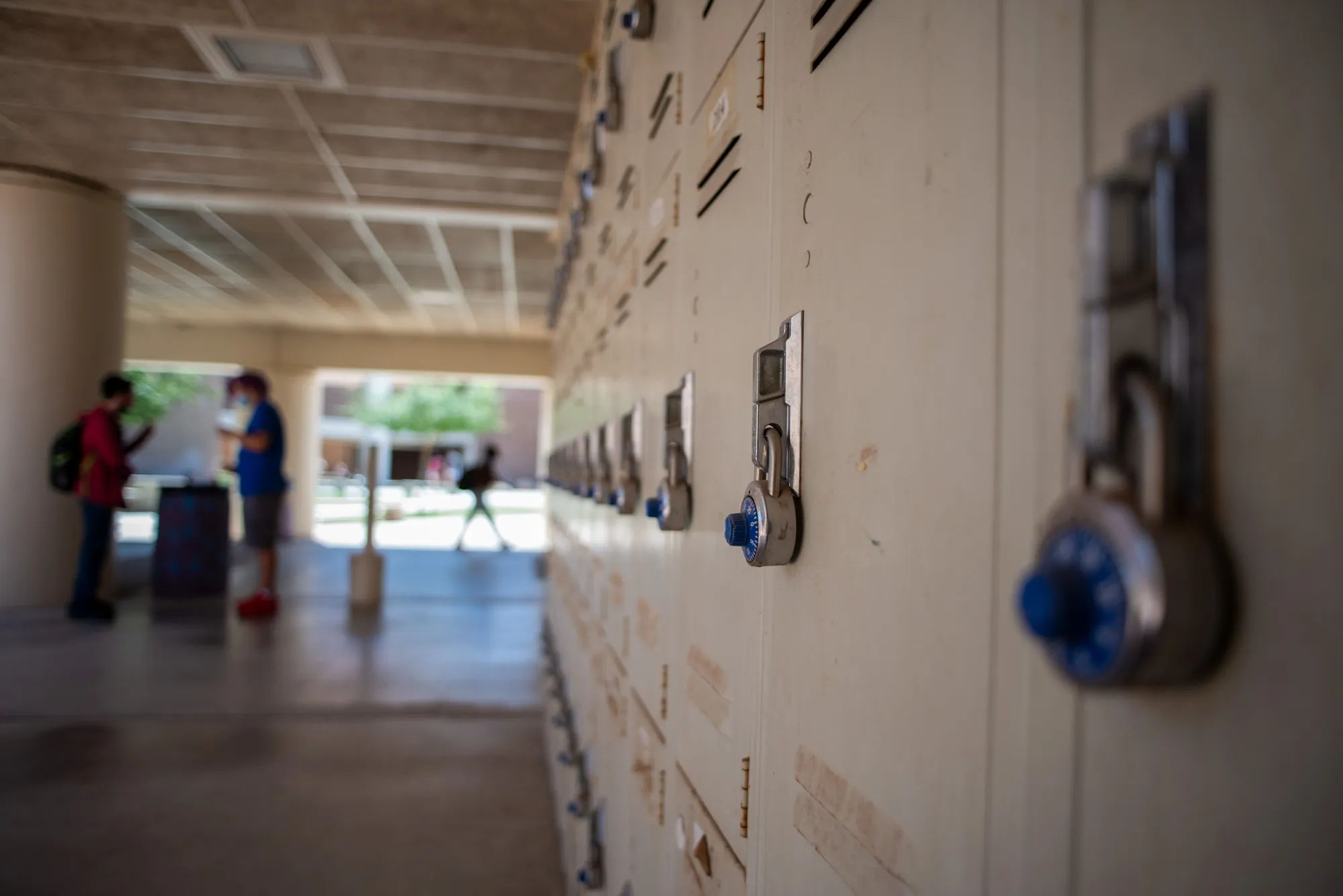Youth access to mental health care improved under Jake’s Law, but persistent barriers hamper its reach

Arizona Center for Investigative Reporting (AZCIR), September 1, 2022, by Shaena Montanari and Maria Polletta: In March 2020, Gov. Doug Ducey signed into law a sweeping set of measures designed to help curb rising rates of suicide and expand access to mental health treatment for Arizona residents with and without insurance.
Commonly known as Jake’s Law, the legislation was named after Jake Machovsky, a 15-year-old who died by suicide in 2016 after his family’s insurance denied an inpatient stay for mental health treatment.
The law marked a major stride toward achieving mental health parity in Arizona, which is when insurers provide the same level of service for behavioral health and substance abuse treatment as they do for other physical ailments. It also expanded access to mental health treatment by letting schools refer uninsured and underinsured students to mental health providers—and by paying for those services when families couldn’t afford them on their own.
Since Jake’s Law was enacted, hundreds of eligible students have accessed mental health treatment they may not have otherwise received. The state has paid for nearly $1.4 million in services using the $8 million Children’s Behavioral Health Services Fund created by the law, which campus mental health professionals interviewed by AZCIR heralded as an “incredible addition” to how they address youth mental health needs.
Yet, two years into the program, more than half of Arizona schools haven’t referred students under the law. Among traditional districts and charter systems that have opted in to refer, uneven staffing for school counselors and social workers has led to an unknown number of students getting overlooked for treatment.
Read more from AZCIR here.




